What is the signs and symptoms of skin cancer ?
Skin Cancers
Cancer of the skin is the most common kind of cancer and, because it is visible, it is the most easily diagnosed and treated. It is estimated that between 500,000 and 900,000 such cancers are treated each year. With the exception of malignant melanoma, skin cancer is also the most curable of all cancers. Skin cancer can develop in almost any area of the skin. The face, neck, forearms, and backs of hands, because they are most exposed, are the most common sites. Long term exposure to the sun is the most common cause of skin cancer.Those Most Likely to Get Skin Cancer
• Light skinned persons living in the southern part of the country
• Persons who have had excessive exposure to the sun without protection, such as farmers, seamen, ranchers, etc.
• Persons over 40 years of age, males more often than females
• Persons with fair complexions whose skin sunburns rather than tans
• Relatives of persons with basal cell skin cancer
• Persons who have had excessive exposure to x-rays
• Persons whose families have a history of melanoma Symptoms of Skin Cancer
• Any spot which forms a scab, rescabs, and fails to heal
• A scaly skin thickening which develops in a small area, usually on face, neck, or hands
• A molelike growth that increases in size, darkens, becomes ulcerated, bleeds easily
• A pearly or waxy growth
• Any sore, blister, patch, pimple, or other blemish that does not show signs of healing within 2 to 3 weeks.
Signs and Symptoms of Skin Cancer
Tests for Skin Cancer
• Excisional biopsy for lesions of less than 2 centimeters• Incisional biopsy for larger lesions
• If doctor suspects melanoma, electrocautery biopsy or electro excision should never be performed. If there is any question, ask for a second pathologist's opinion.
What do I need to remember?
• Skin cancer is the most common kind of cancer, is the most easily diagnosed and treated, and is the most curable.• Ninety five percent of skin cancer patients are free of their disease following medically approved treatment (usually surgery).
• Any sore, blister, patch, pimple, or other skin blemish that does not heal in 2 to 3 weeks should be seen by a doctor.
Questions to Ask Your Doctor About Skin Cancer
• What kind of skin cancer do I have?• What kind of treatment will you give me? Why?
• What are the alternatives?
• Will I need a skin graft?
• Who will do it?
• How extensive will it be?


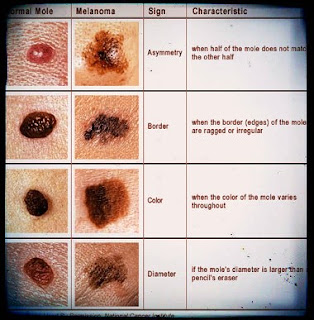
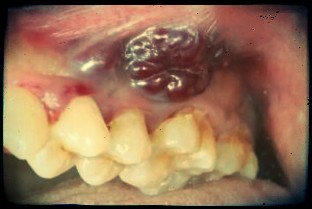
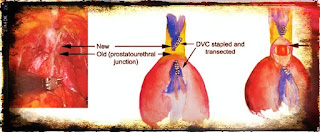
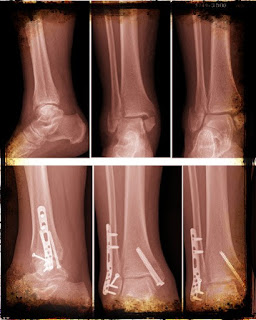
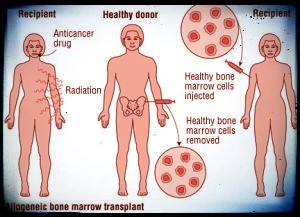

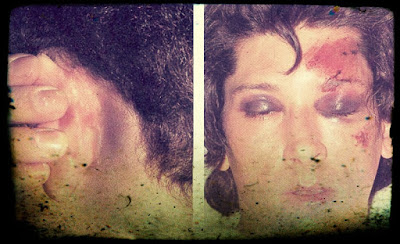
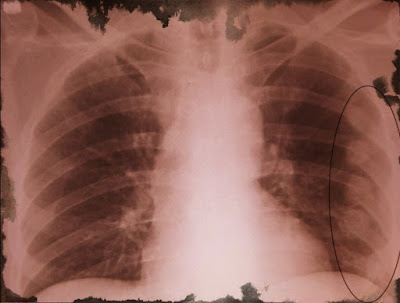
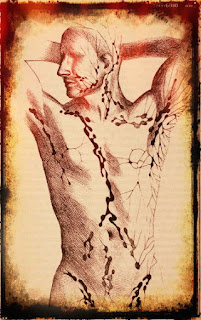
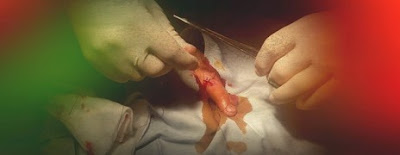
Comments
Post a Comment